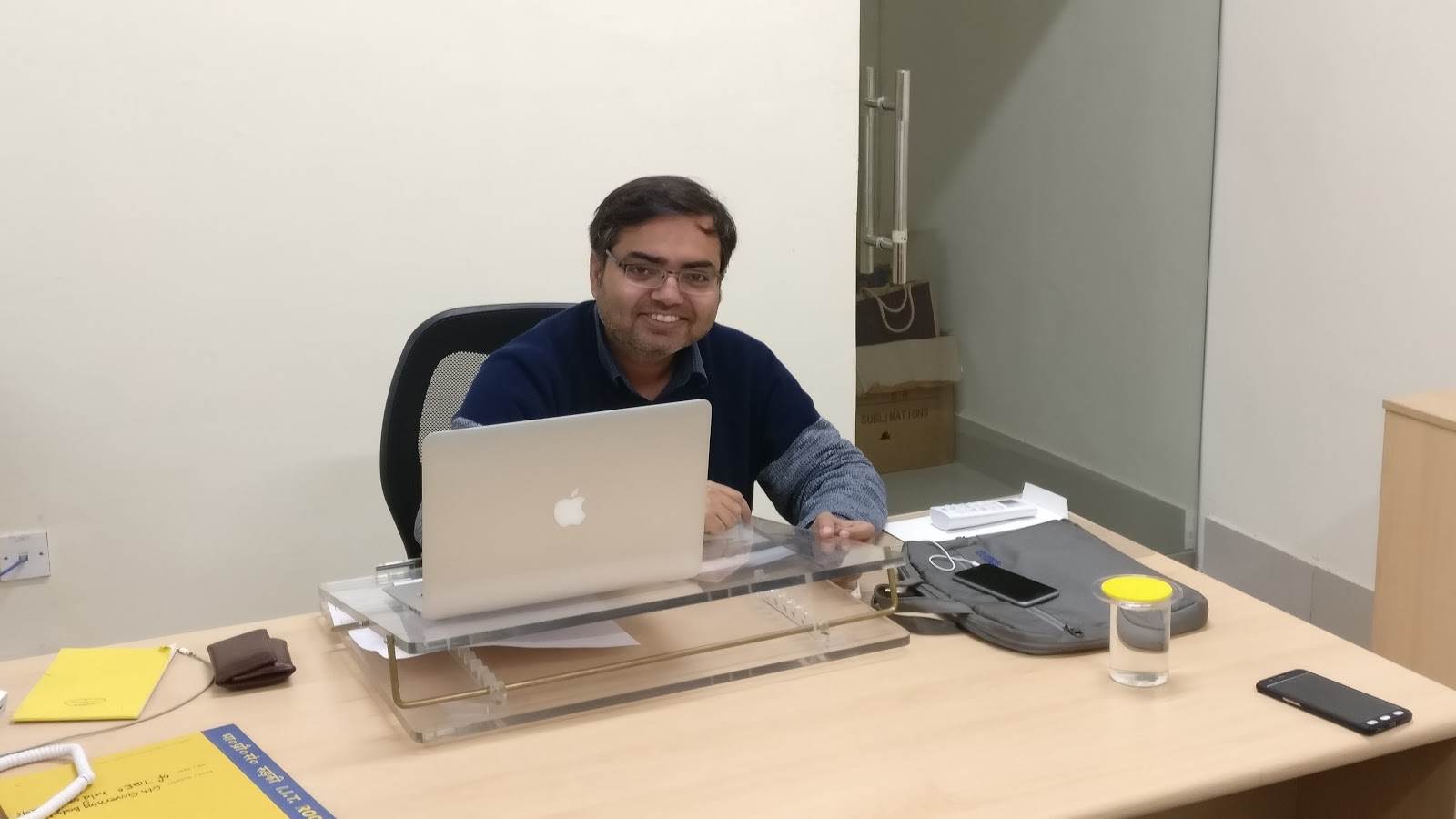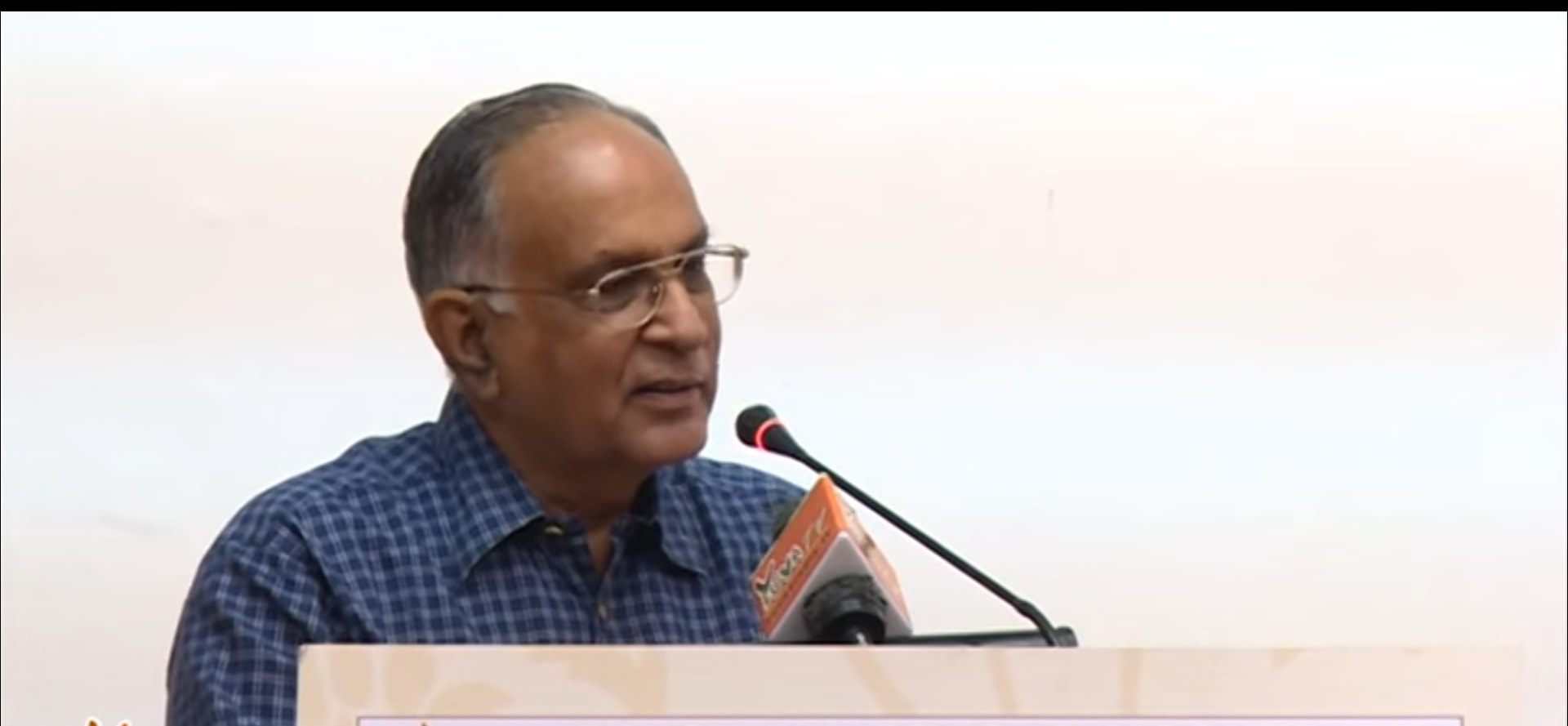

Body of IITR

Mr. Rajiv Sikri retired as Secretary in the Ministry of External Affairs after an illustrious career spanning 36 years with the Indian Foreign Service. In this capacity he had overall responsibility for India’s relations with East Asia, ASEAN, Pacific region, the Arab world, Israel, Iran and Central Asia. He earlier served as the Special Secretary for Economic Relations supervising foreign economic relations, including India’s external technical and economic assistance programmes. He has also served as India’s Ambassador to Kazakhstan, and headed the Departments dealing with West Europe as well as the Soviet Union and East Europe in the Ministry of External Affairs. Mr. Sikri completed his bachelor studies from St. Stephen’s College, majoring in History and entered Foreign Services in the following year.
Read on as Mr. Sikri talks about the growing role of policy think tanks, the nationalist wave enveloping the world and his love for Russian authors.
A lot of think tanks and independent organizations like in Washington DC have come up in India as well. How impactful is the contribution of such organizations like Carnegie, IPRC?
There is no competition between our think tanks and DC’s think tanks. They attract the best minds of their country. It is also because of the revolving door policy. One day you are working in a think tank and the other, you are in the administration, this policy also gives incentives there to work. It is not such a case in India, you don’t have funding and infrastructure. But, all this is changing. There are a few brilliant people working in these organizations now, and it seems to be a growing sector in our country as well, but it’ll take time. We need to consolidate our research sector and at the same time, the attitude.
The introduction of your book, “Challenge and Strategy: Rethinking India’s Foreign Policy”, mentions your love for books. Which are some of the books that moved you?
I don’t read fiction much, even lesser lately. But, It’s mostly fiction which impacts you. I have been touched a lot by the Russian authors in my early young days. Particularly Tolstoy. I found, his work to be incredibly descriptive. It immerses me in itself. The setting, the characters. Both Anna Karenina and War & Peace. I enjoyed Vikram Seth’s ‘A Suitable Boy’. Because, of course it is a detailed piece of writing and deals with the whole Indian society of a particular time period. Short stories by Chekhov. The reason, I am compelled and moved by Russian authors is maybe because of my stay and service in Russia. The grandiosity of Moscow can be felt through these author’s works.
Another book I enjoyed was by Prakash Tandon (Chairman of PNB), he has written a trilogy, “A Punjabi Century”, because I wanted to know more about the place where I come from. I currently started watching this TV series as well, “The Crown”. I loved it. It’s the most recent piece of art I enjoyed.
We can see that the masses are more “aware” of their standing in the globalized world, no country seems to be free of the bias of national sentiments. Do you think these populist sentiments creeping in the foreign policy of nations is a worry?
What has happened is the period of growth and prosperity that began after the second world war ended some time ago. When the economy is expanding the jobs are expanding, you take that for granted. But, the history shows that there are always ups and downs and development don’t always go in a linear fashion. After the second world war there was a sense of idealism and will to create structures and to observe the rules of civilized behavior, so much carnage and destruction had taken place in the wars. Those who were the victors structured it in the manner that they became the Guardians of the world, Japan, Germany were kept out of it. The European Union was created created by which started as European Coal and Steel community. Who could have imagined in 1945 that their grandchildren would live in a Europe without borders, obviously threat from Soviet power were affecting as well, situations changed Soviet Union break up is this was the world with Americans was going to dominate it was just the beginning of the process which is still changing.
The 1789 was the French Revolution that was followed by Napoleonic wars and subsequent defeat of Napoleon and formation of Congress in 1815, what all it took was about 26 years, to see the parallel, it was in 1991 Soviet Union broke and it is 2017 and things have changed again. China has gone up, Russia is rising up again. The assumptions behind the European policies and American policies, it is an end of a particular era today. What you see today as Brexit and the rise of Donald Trump, it is the reactionary forces against globalization. Globalization was meant to bring benefits into the nations but there are downsides to it as well.
What role do you think the average citizen plays into considerations pertaining to foreign policy?
First of all, there is a behavorial aspect. There were these attacks on Africans living in India. These assaults lead up to certain aversion from that country’s point of view towards India. These are sensitivity issues. We should take care of such things.
Or when we go abroad, what kind of impression we leave. For example, how there has been a positive impact of Indian techies, what they have created all around the world. And, managers. All around the world. If 50 years ago, we were a nation of snake charmers. It reminds me of a joke, when Bill Clinton was coming to India, his administration said India is always asking for this and that technology. Bill Clinton said, “Is there anything we can get from them?”, and one of the delegates said, “There’s this technology they use, such innovative, out of the box solutions of tricky problems. They call it ‘jugaad’.” So, when Bill Clinton asked for ‘jugaad’, Atal Bihari Vajpayee burst into laughter and said. “I can’t give you this technology. Because Mr. President, our whole country runs on this thing called ‘jugaad’.”
That’s a joke, but there’s the impression that if you’re Indian, you are intelligent, innovative and hard-working. On the other hand are Gulf countries, where Indian workers go and they are exploited. That leaves a negative impression of weakness and poverty. Our culture and arts are recognized worldwide. All in all, every Indian is contributing towards foreign policy. We just need to capitalize on the positive aspects, and eliminate the negatives out of this equation.